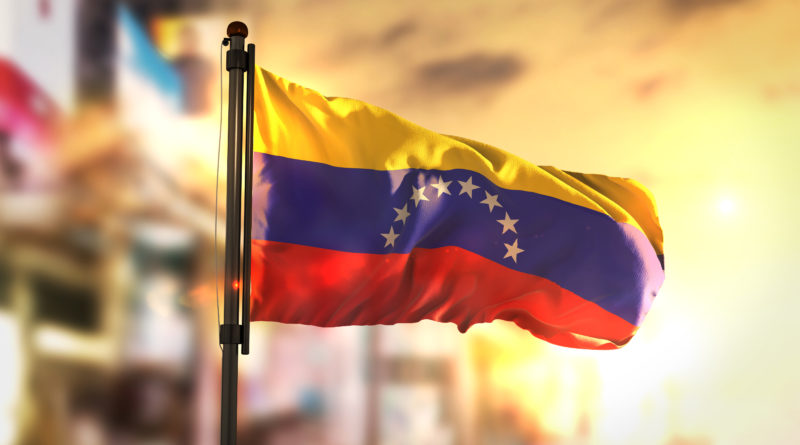A Coup May Be Underway In Venezuela — Here’s The Latest
1,335 total views, 1 views today
Throughout 2019 so far, headlines have swirled about the ongoing conflict in Venezuela and potential U.S. involvement in the South American nation’s infighting. On April 30th, the country’s tense situation reached a new breaking point as Venezuelan opposition forces clashed with national security forces.
Juan Guaidó, the leader of the controversial Venezuelan opposition, initiated what some are calling a coup to overthrow current Venezuelan leader Nicolas Maduro. Guaidó brought a small but heavily armed group of soldiers with him into Venezuelan streets in a daring attempt to topple Maduro’s government. Although Guaidó’s actions received minimal military support, his moves represent the most drastic actions he has taken since declaring himself the interim Venezuelan president in January. Gunfire was additionally reported outside an air base in the Venezuelan capital of Caracas.
Maduro’s government has not recognized Guaidó and his forces as in any way legitimate. In response to Guaidó’s April 30th actions, Maduro’s army dismissed Guaidó’s moves as a “coup attempt” and restated its soldiers’ allegiance to Maduro. Maduro’s Foreign Minister Jorge Arreaza, however, denied that a coup was underway and instead accused Guaidó of acting under orders from the U.S. government, which has a history of interfering in South American political affairs.
The U.S. has unilaterally sided with Guaidó in the ongoing conflict. President Donald J. Trump’s administration has previously implemented sanctions against the Maduro regime, and Trump has tweeted that Maduro’s 2018 reelection was illegitimate. Upon Guaidó’s recent actions, key Trump administration figures including Vice President Mike Pence, national security adviser John Bolton, and Secretary of State Mike Pompeo were quick to speak in support of Guaidó’s forces. Acting White House chief of staff Mick Mulvaney further declined to describe Guaidó’s uprising as a coup, theoretically distancing the U.S. government from Guaidó’s forces. In his comments, Mulvaney recalled that, in 2002, then-President George W. Bush endorsed a coup against then-Venezuelan President Hugo Chavez — and that the coup ultimately failed.
Thus, at the moment, the U.S is not planning to send troops to intervene in Venezuela. According to Colonel Armando Hernandez of the U.S. military’s Southern Command, which is responsible for all U.S. forces in Latin America, the American military presence in Venezuela will be staying its current course.
Outside the U.S., other globally prominent nations such as China, Cuba, and Russia are among the dozens of countries that have recognized Guaidó as Venezuela’s interim president, even as Maduro has yet to recognize Guaidó in this way. Upon Guaidó’s possible coup attempt, Jair Bolsonaro, president of Venezuelan neighbor Brazil, and his right-wing government publicly declared their support for Guaidó’s forces. Bolsonaro urged other countries to join Brazil in its statement as he labeled Maduro’s regime a dictatorship and praised Guaidó’s efforts to transform Venezuela into a “true democracy.”
Additionally, Bolsonaro’s security adviser Augusto Heleno expressed disgust at allegations that Maduro’s forces were trampling opposition protestors with armored cars. Other Bolsonaro administration members including presidential spokesman General Otavio Rego Barros and foreign Minister Ernesto Araujo have also spoken of the need for establishing democracy in Venezuela. Many international political commentators, it may be worth noting, have labeled Bolsonaro a dictator.

